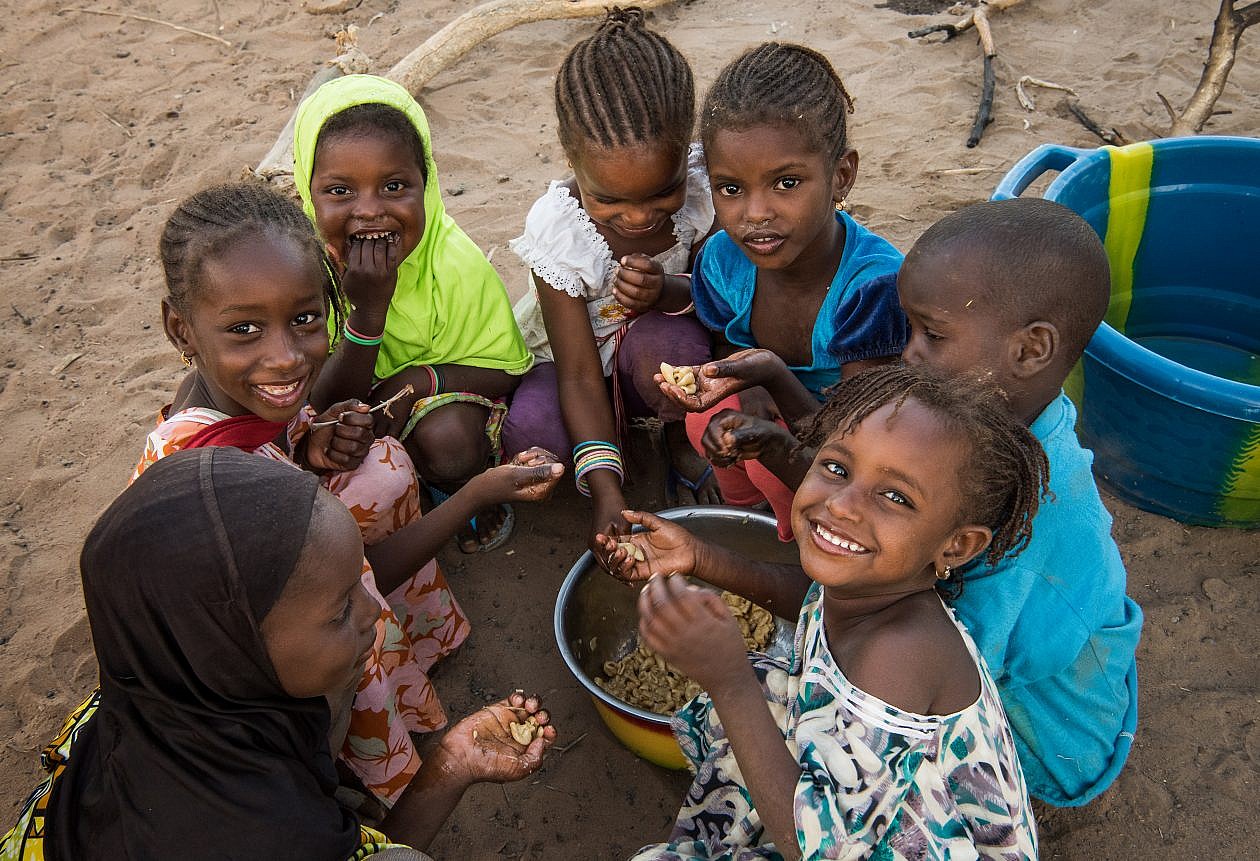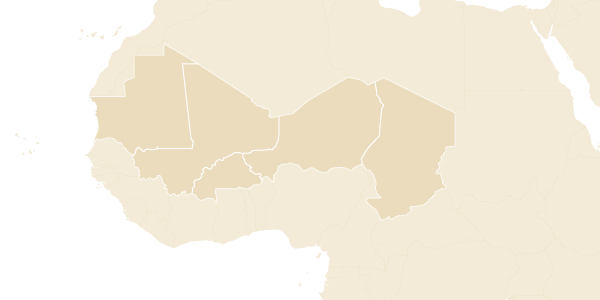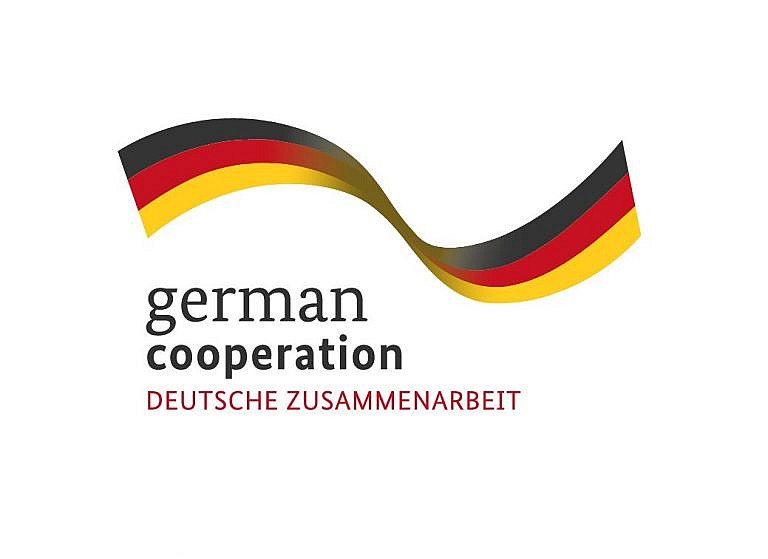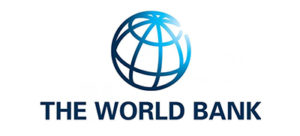
Even though Mauritania has seen a decline in poverty rates in some of its regions, it remains one of the poorest countries in the world. The highest poverty rates remain amongst rural households dependent on agriculture and livestock.
To assist the most vulnerable households, the Mauritanian government launched the Social Registry in 2016 as one of the core elements of its social protection system which seeks to support the identification of potential beneficiaries and targeting of social programmes. To optimise and coordinate social safety nets for Mauritanians in need, the World Bank is supporting the government in the roll-out of the Social Registry as well as the Tekavoul social transfer programme. The latter is designed to support the poorest households in a regular and sustainable manner with cash transfers and social advancement sessions.
New Support for Mauritania’s Social Protection System
In March 2020, an additional USD 72 million project was announced to support Mauritania in its efforts to increase the effectiveness and efficiency of the nationwide adaptive social safety net system and its coverage of poor and vulnerable households with targeted social transfers, including in refugee and host communities.
The project is financed by a USD 45 million grant from the World Bank and a USD 7 million grant from the Sahel Adaptive Social Protection Programme (SASPP), co-financed by the German government. The Mauritanian state is providing a contribution of USD 20 million.
The Social Safety Net System Project II builds on previous World Bank efforts and focuses on the updating of the Social Registry, increasing the coverage of the National Social Transfer Programme Tekavoul and rolling out the shock-responsive Social Safety Net Programme “Elmaouna” to reach food-insecure households during the lean season.
This project is part of the G5 Sahel’s Emergency Development Programme (PDU) – an initiative called to life by the governments of the G5 Sahel countries and financed by the members of the Sahel Alliance.
Social Protection at the heart of development
The project supports the commitment of the Mauritanian government to strengthen the adaptive safety net system as laid out in its National Poverty Reduction Strategy 2016-2030. More than 290,000 people living in extreme poverty will benefit from Tekavoul and another 24,000 families will receive support from the shock-responsive cash transfers.
“In the short-term, the families will be able to use the money for their immediate needs, generally food and basic services and in the long-term run be able to put aside some money to invest in their livelihoods and their well-being. Cash transfers have also proven to have a knock-on effect on local economies, so they benefit the entire community,” said Matthieu Lefebvre, World Bank Task Team Leader for the project.
For more information, please download the Project factsheet here
Mauritania


Fields of action

Implemented by
-
Germany — Federal Ministry for Economic Cooperation and Development (BMZ)
![]()
-
World Bank
![]()



